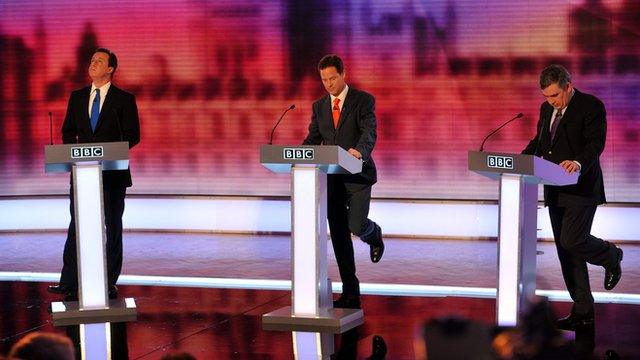TV election debates: DUP says process is in 'utter mess'
- Published

DUP leader Peter Robinson and deputy leader Nigel Dodds met BBC management in Belfast last month to complain about being omitted from the UK network TV debates
UK broadcasters have made a "complete and utter mess" of plans to hold TV debates ahead of the general election, the Democratic Unionist Party has said.
DUP deputy leader Nigel Dodds made the claim after Prime Minister David Cameron issued an ultimatum about his own participation in the debates.
Mr Cameron said he will take part in only one debate, with seven leaders.
The DUP has begun legal action against the BBC for excluding it from its earlier proposal of two UK TV debates.
The BBC has argued that its impartiality is crucial and UK network TV debates could not include "just one" party from Northern Ireland.
'Legitimate legal action'
The DUP, which is the biggest party in Northern Ireland and the fourth largest party in the House of Commons, is seeking a judicial review of the BBC's decision.
In a letter to the BBC, Downing Street said the DUP had initiated what appeared to be "legitimate legal action" to challenge their omission from the debate process.
Referring to Mr Cameron's proposed single debate, the letter also stated: "The leader of the DUP should be allowed to make his case for why he should be involved."
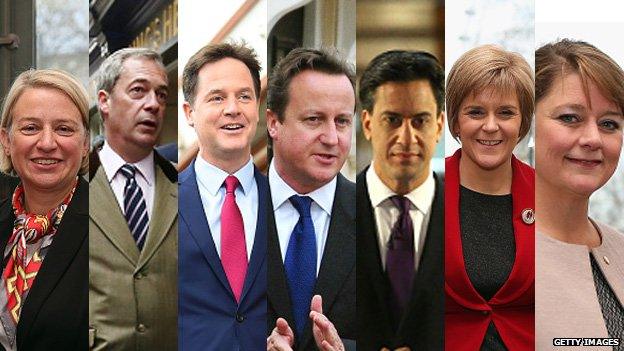
The DUP has more MPs than four of the seven UK parties invited to take part in the TV debates
Mr Dodds said Mr Cameron has acknowledged that the DUP had a legitimate case, but said the broadcasters handled the process so badly that it now seemed unlikely that any TV debates would take place during the election campaign.
He repeated the DUP's complaint that it is unfair for broadcasters to include leaders from parties in Scotland and Wales in UK-wide debates, while omitting leaders from Northern Ireland.
He told the BBC's Good Morning Ulster that the BBC and other broadcasters had "messed up big style" during the entire debates process.
'Crucial role'
"We have fought the case for Northern Ireland, because at the end of the day, when the election is held, it's very likely that there is going to be no overall [majority] party," Mr Dodds said.
He said the DUP could have a "very crucial role" to play in negotiations in the event of a hung parliament, so it was essential that their voice was heard in UK-wide debates.
With eight MPs, the DUP has more members elected to the House of Commons than four of the seven parties that have been invited to participate.
The Scottish National Party currently has six MPs, Plaid Cymru has three, UKIP has two and the Greens are represented by a single MP.
The DUP met BBC management in Belfast last month to discuss the issue.
Mr Dodds said his party has not yet heard back from the BBC Trust regarding its legal action on the proposed two-debate format.
- Published5 March 2015
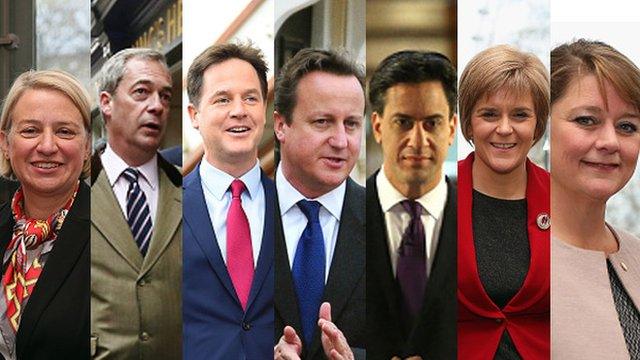
- Published26 February 2015
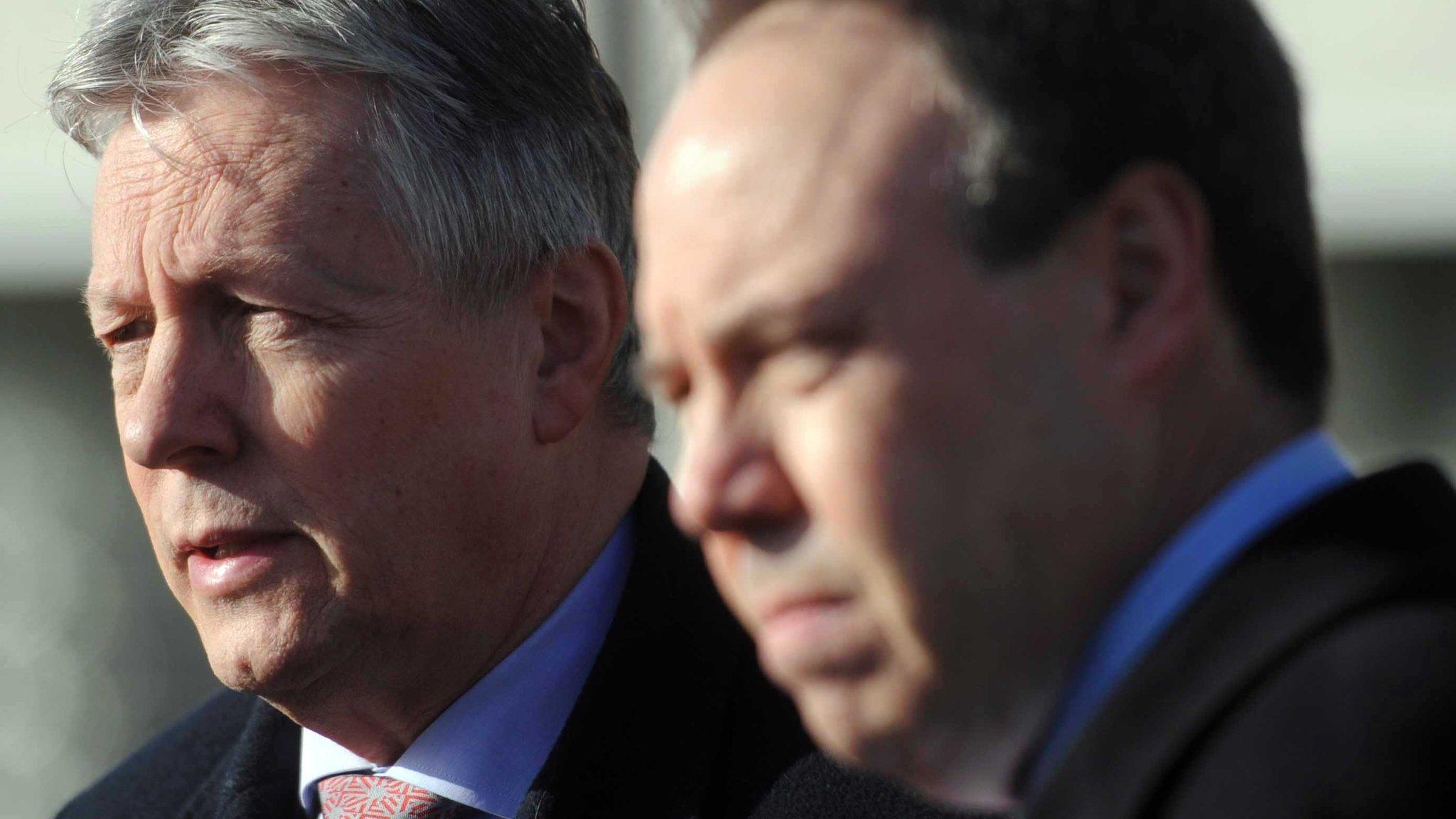
- Published28 January 2015
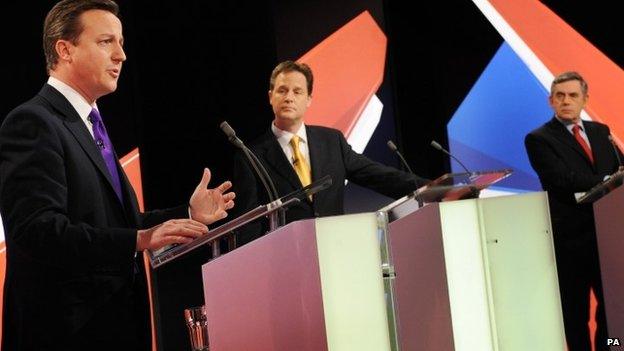
- Published23 January 2015
